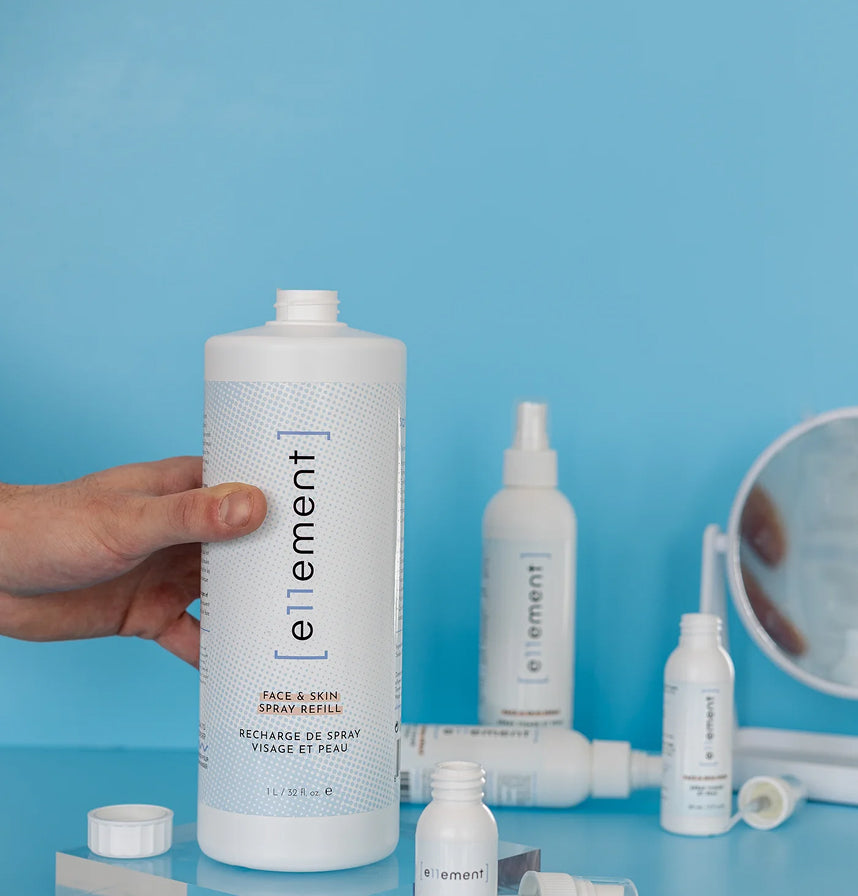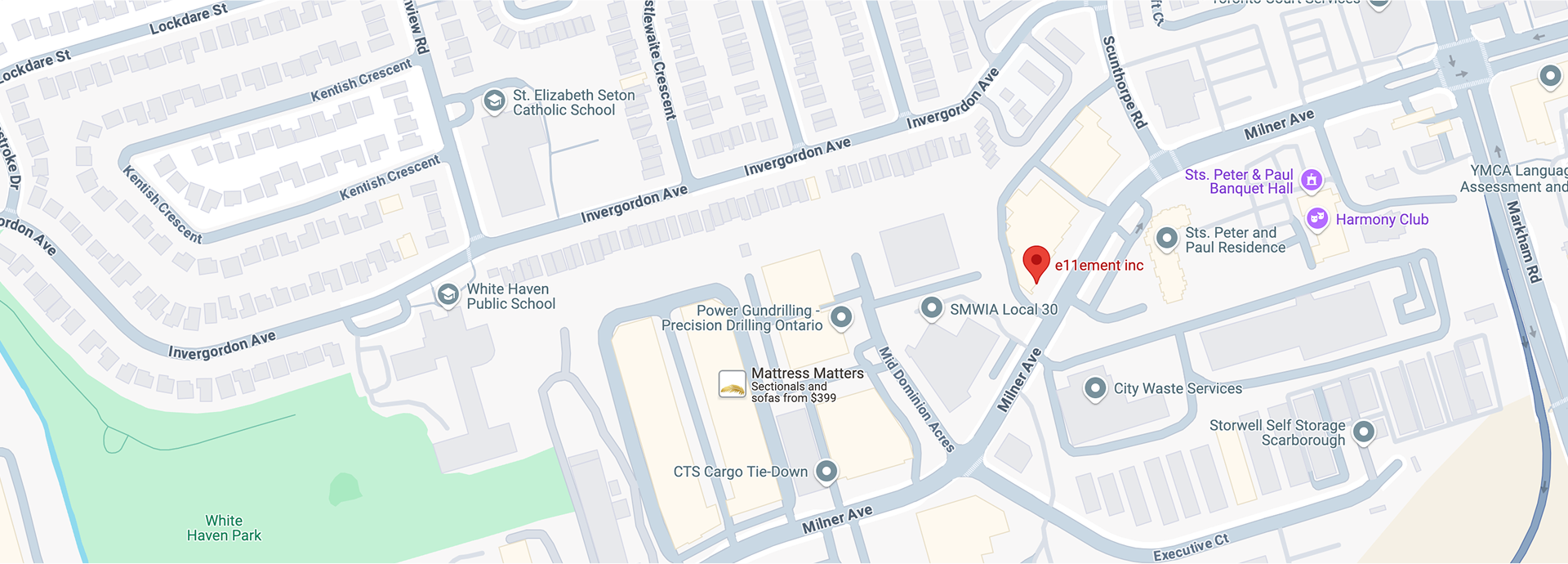Hypochlorous acid (HOCl) is a naturally occurring compound found in the human immune system. It's a weak acid formed when chlorine dissolves in water, and it has potent antimicrobial properties. HOCl is produced by white blood cells to kill bacteria and fight infections, making it an essential part of the body's defense mechanism.
Historical Use of Hypochlorous Acid
For over a century, hypochlorous acid has been used for various medical and industrial purposes. During World War I, it was utilized to treat wounds and disinfect water. Today, its applications have expanded into the realms of skin care, wound healing, and sanitation.

How Hypochlorous Acid Benefits the Skin
Anti-Inflammatory Properties
One of the most notable benefits of hypochlorous acid is its anti-inflammatory properties. When applied to the skin, HOCl can reduce redness, swelling, and irritation, making it an effective treatment for various skin conditions, including eczema and psoriasis.
Antimicrobial Action
Hypochlorous acid's antimicrobial properties make it a powerful agent against bacteria, viruses, and fungi. This makes it particularly useful in treating acne and preventing infections in minor cuts and scrapes. The compound works by disrupting the cell walls of microorganisms, effectively neutralizing them without causing harm to human cells.
Does Hypochlorous Acid Stop Itching?
A common question is, "Does hypochlorous acid stop itching?" The answer is yes. HOCl can alleviate itching caused by various skin conditions. Its ability to reduce inflammation and kill bacteria contributes to its effectiveness in soothing itchy skin.
Hypochlorous Acid in Skin Care Products
Hypochlorous Acid Spray
Hypochlorous acid spray is a popular product in the skin care industry. This spray can be used on the face and body to treat acne, soothe irritation, and promote wound healing. It's gentle enough for daily use and can be a valuable addition to your skin care routine.
Hypochlorous Acid vs. Traditional Antiseptics
Traditional antiseptics like alcohol and hydrogen peroxide can be harsh on the skin, causing dryness and irritation. Hypochlorous acid, on the other hand, is gentle and non-irritating. It's safe for all skin types, including sensitive skin, and doesn't cause the stinging or burning sensation often associated with other antiseptics.
Incorporating Hypochlorous Acid into Your Routine
To incorporate hypochlorous acid into your skin care routine, start by cleansing your face with a gentle cleanser. Then, spray the hypochlorous acid solution onto a cotton pad and gently wipe it over your skin. Follow up with your usual moisturizer and sunscreen. This routine can help keep your skin clear, calm, and healthy.
Scientific Evidence Supporting Hypochlorous Acid
Clinical Studies
Numerous clinical studies support the benefits of hypochlorous acid for skin care. Research has shown that HOCl can effectively reduce the severity of eczema, psoriasis, and acne. In a study published in the Journal of Clinical and Aesthetic Dermatology, patients with mild to moderate acne experienced significant improvements after using hypochlorous acid spray twice daily for six weeks.
Dermatologist Recommendations
Many dermatologists recommend hypochlorous acid as a safe and effective treatment for various skin conditions. Its gentle nature and powerful antimicrobial properties make it an ideal choice for individuals with sensitive skin or those who have not responded well to traditional treatments.
Hypochlorous Acid Spray for Skin Irritations
Hypochlorous acid spray can be used to alleviate various skin irritations, including insect bites, sunburns, and rashes. The spray's soothing properties help reduce redness, swelling, and discomfort, providing quick relief for minor skin issues.
Does Hypochlorous Acid Stop Itching?
As mentioned in Part 1, hypochlorous acid is effective in stopping itching. Its ability to reduce inflammation and kill bacteria makes it an excellent choice for treating itchy skin conditions such as eczema, dermatitis, and allergic reactions.
Conclusion
Hypochlorous acid is a versatile and beneficial compound for skin care. Its anti-inflammatory and antimicrobial properties make it an effective treatment for a range of skin conditions, including acne, eczema, and psoriasis. Additionally, its ability to stop itching and soothe irritated skin makes it a valuable addition to any skin care routine. In the next part, we'll delve deeper into the practical applications of hypochlorous acid and explore more of its benefits.























